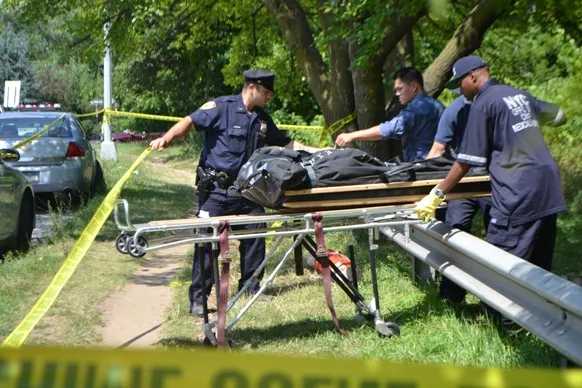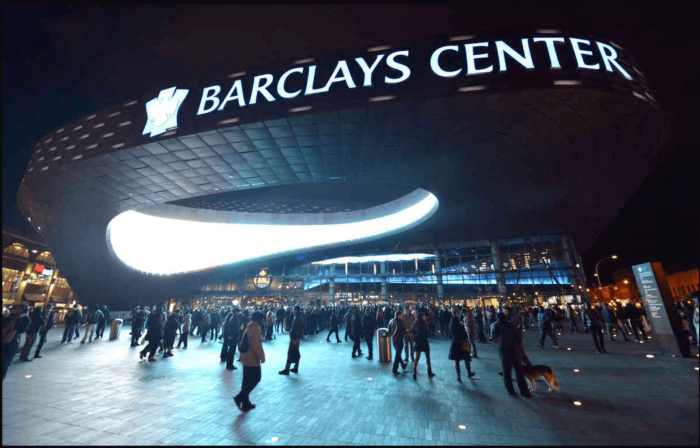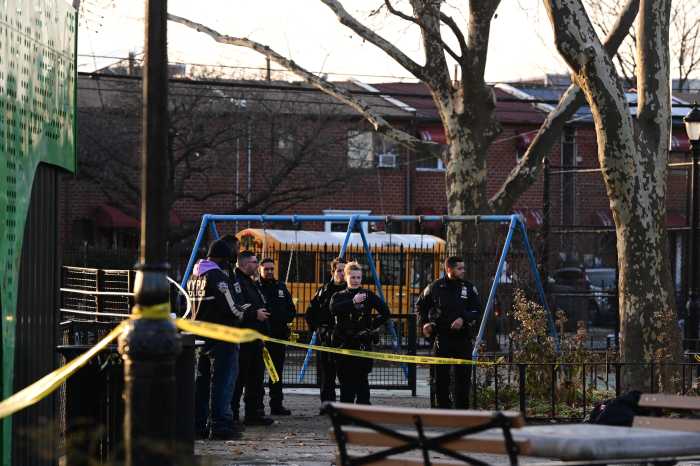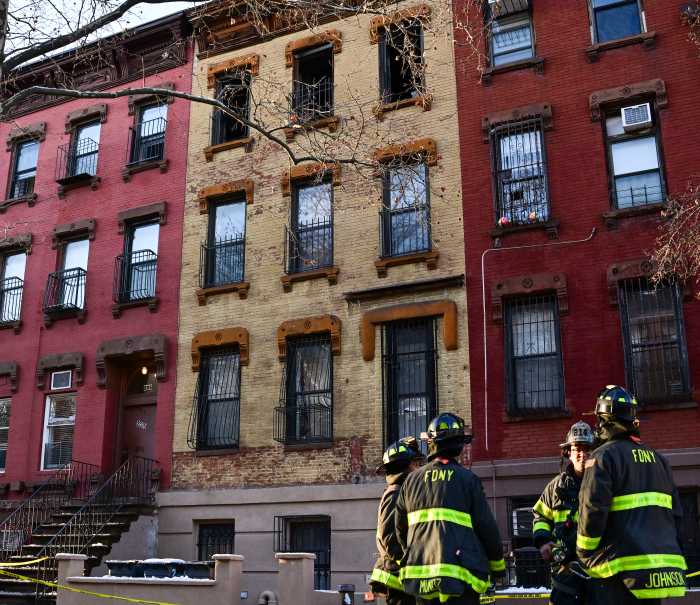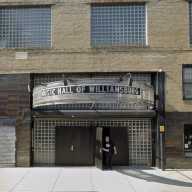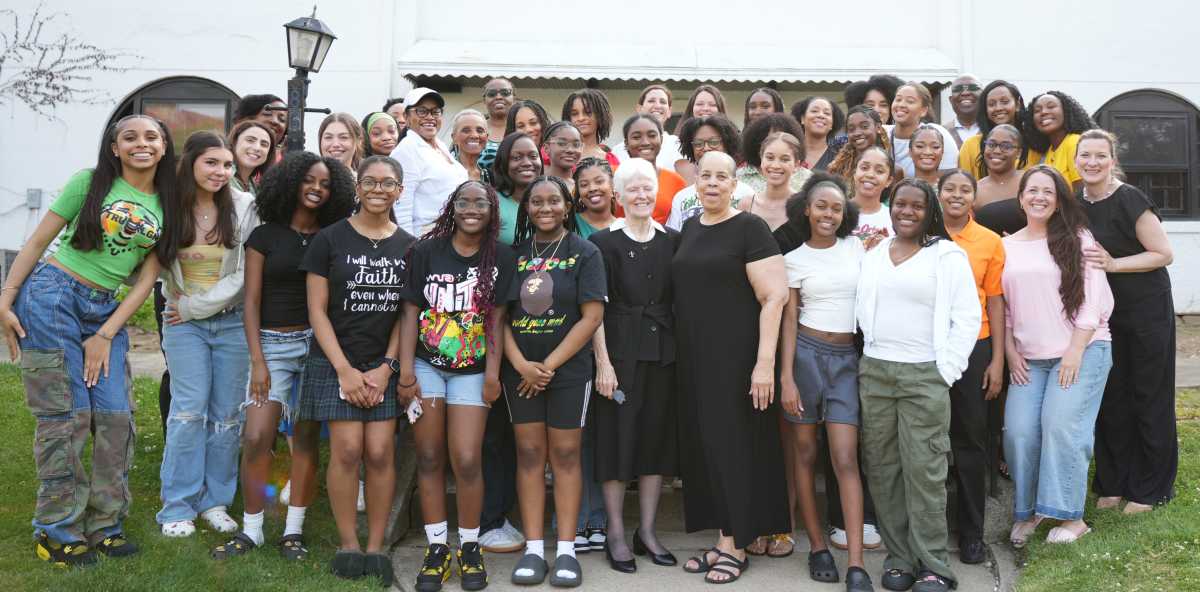A little over a year after Capt. Winston Faison took over the 61 Precinct as commanding officer, crime has significantly dropped in the neighborhoods it encompasses — Sheepshead Bay, Gravesend, Kings Highway, Homecrest, Madison, Manhattan Beach, and Gerritsen Beach. Total crime complaints year to date have dropped 16.7 percent, from 747 in 2015 to 622 in 2016. Rape, robbery, assault, burglary, and grand larcenies all went down, and one murder took place during each year. And the precinct has had the sixth greatest rime reduction in the city so far this year. We sat down with the commander to break down what’s going on in the area.
Julianne Cuba: To what do you attribute your success in crime reduction?
Winston Faison: When I first met my cops, I have three major rules: safety, treat the community in which you work in as if you live in that community, have fun with what you’re doing. Number two is important, because I always tell my cops, “If you see a violation, that if someone did on your block that would bother you, then you should taken enforcement action.” A lot of times, cops go to so many different jobs that when they hear a job of a noise complaint we go, “Oh it’s just a noise complaint,” but if it was your house and you have a little baby at home and someone is playing music loud, then you should take that seriously.
JC: How have the largely unpopular traffic changes along Sheepshead Bay Road impacted you and your team?
WF: As a crime fighter, it doesn’t affect the crime. I know some of the residents have issues with one block is being blocked off and things like that. We haven’t had any complaints of rapes of robberies under the bus trestles.
JC: Do you consider homelessness a major problem in Sheepshead Bay, and specifically near the subway station?
WF: It’s not a problem. I drive up and down Sheepshead Bay all the time, if you see one homeless person at a stretch that’s what you see. We had — in the past — about four, five homeless people in Sheepshead Bay. The place was kind of unkempt a little bit, we put special attention there. There might be one or two people, if that, who congregate around Sheepshead Bay. It’s not a place where you see like 10 to 15 people steadily sleeping on that street. Of course we offer services if they accept. Councilman Chaim Deutsch (D–Sheepshead Bay) has been doing it too, outreach with the homeless.
JC: How will policing have to change once the population booms from all of the development going on in the neighborhood?
WF: I don’t think it’s going to change, what we’re doing in the 61st Precinct, I don’t think it’s going to have a major effect on crime. More people, just because there’s more people doesn’t mean there’s going to be more crime. No, not policed any differently when the population booms.
JC: Just last week, a drunk driver struck and killed 17-year-old Sean Ryan who was riding his bike along Gerritsen Avenue in Gerritsen Beach. Is drunk driving a big issue in the 61?
WF: Unfortunately, this accident happened but we’ve been enforcing driving while intoxicated — that’s always. We might target that area a little bit more. Are they coming from a bar or club or things like that? There’s nothing we’re going to change, we’ve been doing everything well with that, unless I see a spike in driving while under the influence, then we will change and divert resources.
JC: How are you combatting drugs?
WF: When it comes to drugs, we have a field intelligence officer — a sergeant — that’s assigned, who works out of intel, but stays in the 61 and then he has a cop that works under him. These guys are tasked to get intelligence when it comes to drugs or guns — anything like that — and we do search warrants when it comes to those. We do a lot of search warrants based on drugs. We took about 17 guns off the street this year, half of that was directly with search warrants. So someone is selling drugs at a location, we got a search warrant going out at that location looking for drugs and we come out with a gun.
JC: What about robberies and burglaries?
WF: Areas always change depending — I look at crime daily, weekly, monthly. Mostly, in the 61 we deal with a lot of property crime. Car break-ins, maybe burglaries, and it depends on where it’s happening, it moves around. Not one specific area all the time. You can have one person who commits three burglaries on the same block.
JC: Would you say the neighborhoods the 61 encompasses are safe?
WF: The 61 is probably one of the safest precincts in the city. I don’t see any issues in the 61 where people should be afraid of crime, because I think we’re doing an excellent job. My cops are doing an excellent job out there.




